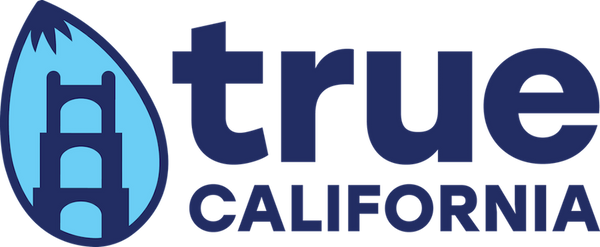The Environmental Working Group (EWG) is a nonprofit focused on the environment and social health. Each year they research and analyze about 46 of the most popular fruits and vegetables consumed in the United States today for GMOs and pesticide residues. Their findings produce 2 important lists called the Dirty Dozen and the Clean Fifteen.
To test, the EWG would clean them and peel the fruits and veggies just like any one of us would. Then they would test them for chemical residues. Nearly 70% of all non-organic (aka conventional) fruits and vegetables would contain some pesticide residue. The ones with the highest concentrations would make the Dirty Dozen list. The ones with the lowest concentrations would be on the Clean Fifteen list. To note, the ones that make the Clean Fifteen list are not completely free of GMOs or pesticide residues. They just exhibit a much lower amount than the Dirty Dozen.
Why is this important? Pesticides and herbicides are connected with many chronic health problems and mental impairments. As more studies are conducted, the negative effects of pesticides and herbicides on human health becomes clearer. Pesticides and herbicides are worst for children as their bodies are still developing.
Here's the Dirty Dozen for 2021:
- Strawberries
- Tomatoes
- Spinach
- Kale, Collard and Mustard Greens
- Nectarines
- Apples
- Grapes
- Cherries
- Peaches
- Pears
- Bell and Hot Peppers
- Celery
Here's the Clean Fifteen for 2021:
- Avocados
- Cantaloupe
- Sweet Corn*
- Pineapple
- Onions
- Papaya*
- Sweet peas (frozen)
- Eggplant
- Asparagus
- Broccoli
- Cabbage
- Kiwi
- Cauliflower
- Mushrooms
- Honeydew Melons
What can we do about this? Well, for starters we can wash away most of the pesticides using special mixtures of water, baking soda, lemon juice, and/or vinegar. You'll need to soak your fruits and veggies in these mixtures for 2 minutes or longer. They also have special sprays in stores now. But to be safest, experts recommend you buy organic.
Buying organic means no GMOs, no pesticides, and no herbicides. Yes, some argue that nothing is completely 100% organic, but the bottom line is that this is the safest regulated standard for our health. Period. USDA Organic is tested, proven, and universally accepted. There's also the benefit of doing some good to our Mother Earth! =)
More on the Dirty Dozen and Clean Fifteen:
- https://www.ewg.org/foodnews/
- https://www.cnn.com/2021/03/17/health/dirty-dozen-foods-2021-wellness/index.html
- https://www.mindbodygreen.com/articles/ewg-dirty-dozen-and-clean-15-lists
- https://www.algaecal.com/expert-insights/infographic-dirty-dozen-clean-fifteen/
- https://www.greenmatters.com/p/2021-dirty-dozen-clean-15
More on washing off pesticides:

